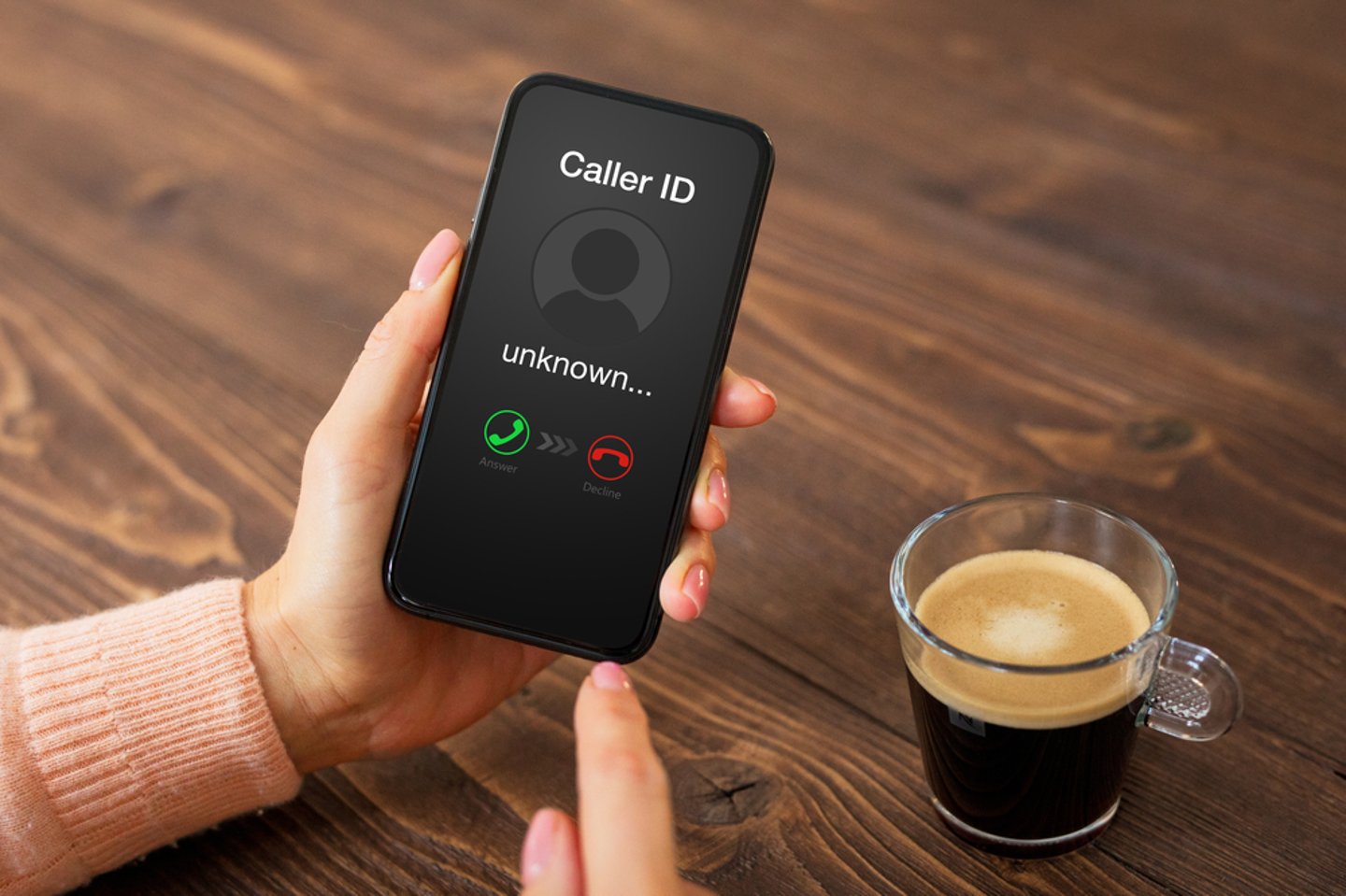How Can Hospitality Companies Respond to Phone Call Answer Rates Dropping?
For travel agencies, airlines, hotels and other hospitality-based businesses, phone calls remain critical to customer service. There’s no better way to handle complicated bookings, urgent special requests and confidential information. Unfortunately, those same phone calls have been taken over by bad actors. We’ve all experienced the rising flood of robocalls, illegitimate sales calls and even call spoofing attacks, where fraudsters misrepresent themselves as brands consumers trust.
It’s made every one of us more hesitant to pick up a call. In 2020, a Pew Research Center survey found that 80% of Americans don’t answer their cellphone when an unknown number calls. The already poor answer rates are even worse for companies in hospitality. Omdia Research conducted a survey of hospitality and travel enterprises, and 60% reported significant decreases in answer rates during a six-month period that same year.
U.S. regulators and service providers are working hard to combat the massive problem of illegal robocalls and spoofing attacks while rebuilding trust in the phone channel. But even valuable anti-robocall mandates like STIR/SHAKEN call authentication aren’t going to completely prevent spam calls. It’s clear that the hospitality industry needs to take steps that help reassure customers that a brand they want to speak to is calling.
It’s comforting to see that many in hospitality and travel already recognize the voice channel gaps they need to fill. In the same Omdia Research survey, industry respondents recognize that voice has lagged digital channels in priority. In fact, 60% specifically described their customer call experiences as of less quality than their overall digital experience, even though 80% of these respondents described the phone as their most important customer service channel and 40% reported higher outbound call volumes than six months prior. That’s likely why six out of ten companies surveyed plan to spend more to improve the call experience for their customers in the next year. The extra budget allocations make sense when you consider the expanding role of contactless customer service in the wake of the pandemic; phone calls are simply more integral to the guest experience.
As a result, forward-thinking hospitality companies are employing a host of strategies to make outbound voice calls more effective. Here are three best practices we have seen companies use to rebuild trust in voice communications:
- Employ caller name optimization to prevent calls from being mistakenly labeled as spam. Unfortunately, it’s possible for legitimate calls to be blocked by new rules designed to protect consumers. Savvy companies are embracing solutions that correctly tag calls, providing assurance that outbound calls go through without being marked as spam by network carriers or third-party providers of call screening software. It’s also possible to manage this caller identity information through a centralized online portal, along with designating critical customers service numbers as in-bound only to stop attempts at caller ID spoofing.
- Consider branded call displays to let customers know who is calling. The first step to improving trust in voice channels is to provide customers with the assurance that the call they are receiving is legitimate. Hospitality companies are achieving this by implementing branded calling solutions that show company name, logo, reason for the call and more on the mobile display for outbound calls. Depending on the partner, calls can also be authenticated with STIR/SHAKEN so customers know the call has not been spoofed. Ninety percent of Omdia Research survey respondents said they would find this tool valuable for both making outbound calls more efficient and safeguarding brand reputation.
- Call customers when they are most likely to pick up. Hospitality companies are beginning to incorporate phone behavior intelligence into their outbound call efforts. Modern consumer data insight solutions integrate ‘contactability scores’ for each customer and can determine key preferences like the best time of the day, best day of the week and the best phone number to use.
Despite the rise in problematic calls, the phone channel continues to be a powerful tool in shaping the customer experience and promoting brands. Hospitality providers implementing these best practices recognize that and are taking steps to begin the service experience before customers pick up a call. Companies can then better ensure that calls reach customers, resolve issues more quickly and less expensively. While the travel and hospitality industry is currently navigating some difficult times, negative outcomes can be best mitigated by strong communication with customers. Brands that adapt quickly to optimize their voice channel practices will have a distinct advantage over the competition.
James Garvert is the Senior Vice President and General Manager of Communications Solutions for Neustar, a TransUnion company

